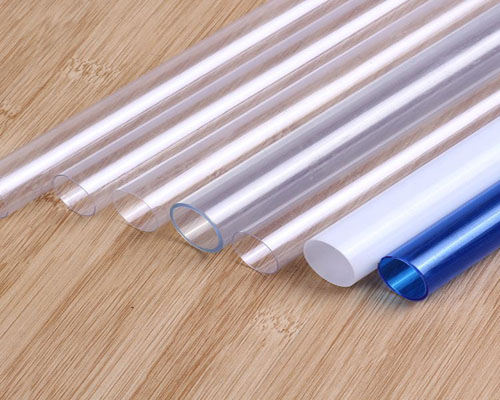
Phone Number :
07 12, 2023

Raw materials play a critical role in the production of PVC hoses, ensuring their quality and functionality. PVC (polyvinyl chloride) is the primary material used for manufacturing these hoses due to its excellent durability, flexibility, and chemical resistance properties. Its main components include vinyl chloride monomer (VCM), plasticizers, stabilizers, and other additives.
The production process of PVC hoses starts with the polymerization of VCM. VCM is produced from ethylene through various chemical reactions. It is then purified and converted into a stable powder form known as PVC resin. This resin forms the foundation of PVC hoses, providing them with their unique physical and chemical properties.
To enhance the flexibility and durability of PVC hoses, plasticizers and stabilizers are added during the manufacturing process. Plasticizers, such as phthalates, effectively soften the PVC resin, making it more pliable and allowing the hose to bend without cracking. Stabilizers, on the other hand, prevent degradation of the PVC material due to heat, light, and other environmental factors.
Various other additives are incorporated into PVC hoses to further customize their properties for specific applications. These additives include UV stabilizers, antimicrobial agents, flame retardants, and colorants. UV stabilizers protect the hose against damage from UV rays, while antimicrobial agents inhibit the growth of bacteria and fungi. Flame retardants improve the fire resistance of PVC hoses, and colorants add visual appeal and aid in distinguishing different types of hoses.
The production process of PVC hoses involves several steps, including extrusion, reinforcement, curing, and finishing. Each step is crucial in ensuring the quality and performance of the final product.
In the extrusion process, the PVC resin, plasticizers, stabilizers, and other additives are mixed together in precise proportions to form a homogeneous compound. This compound is then fed into an extruder, where it is heated and forced through a die to form the desired shape of the PVC hose. The extrusion process also includes the incorporation of any reinforcement layers required for additional strength and durability.
In certain applications, PVC hoses require reinforcement to withstand high pressures and prevent bursting. Reinforcement layers, typically made of high-strength synthetic fibers or steel wires, are added during the extrusion process. These layers increase the hose's strength and pressure resistance, allowing it to be used for demanding applications such as irrigation, firefighting, and pneumatic systems.
After extrusion and reinforcement, the PVC hose undergoes a curing process to ensure its dimensional stability and durability. Curing involves subjecting the hose to heat and pressure, allowing the PVC molecules to bond tightly together. After curing, the hose is trimmed, inspected, and undergoes additional finishing processes, such as printing, labeling, and packaging, before being ready for distribution.
In conclusion, a comprehensive understanding of raw materials and production processes is essential for the manufacturing of PVC hoses. The use of high-quality PVC resin, appropriate plasticizers, stabilizers, and additives help create hoses with optimal flexibility, durability, and chemical resistance. From extrusion to curing, each step in the production process contributes to the final product's performance and reliability. By combining the right materials and manufacturing techniques, PVC hoses can be customized for various applications, making them versatile and indispensable in many industries.